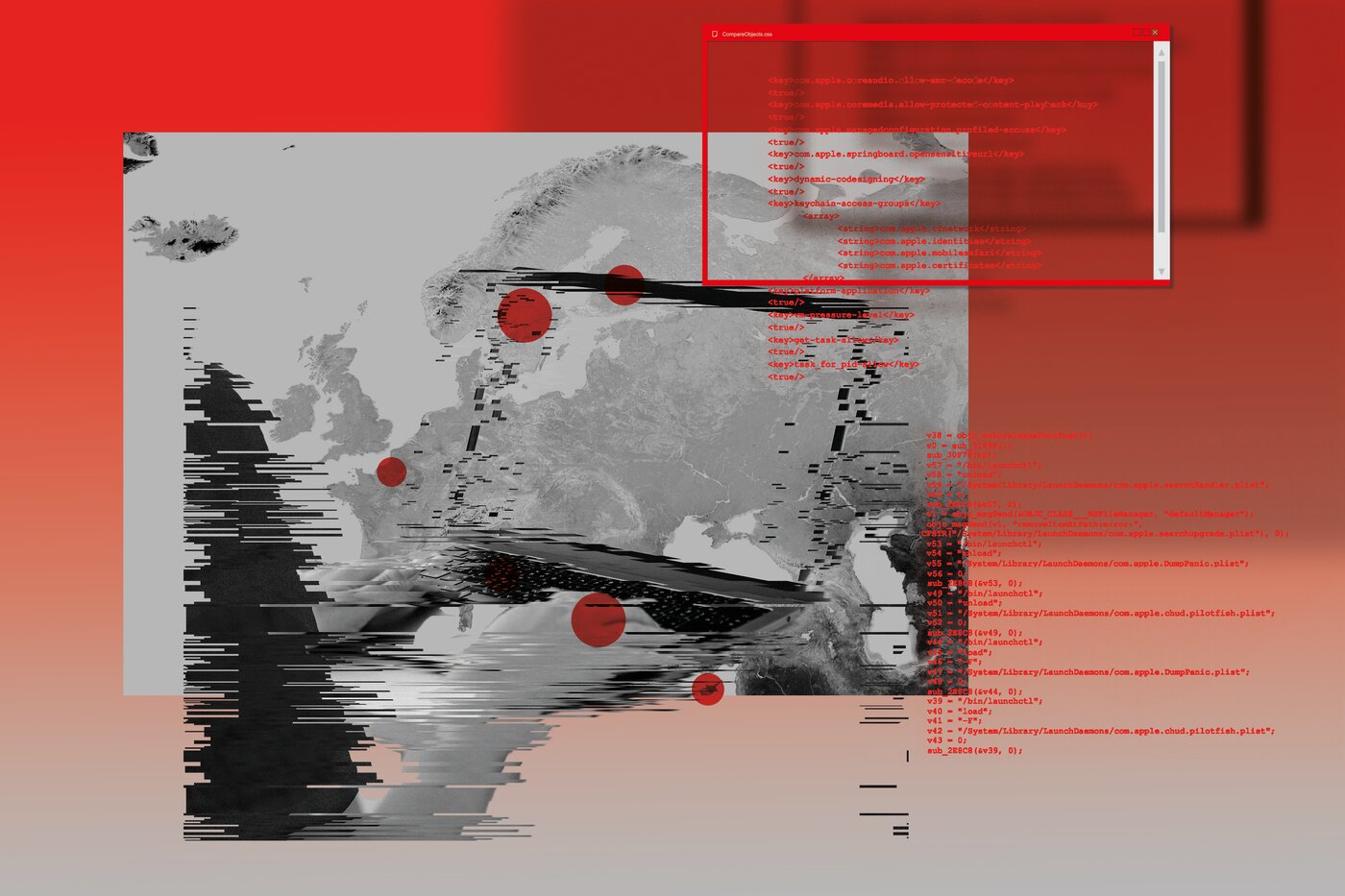The European Media Freedom Act is meant to protect the press from government overreach. But behind closed doors, a group of EU member states are threatening to block the new law over their demands for a blank check to use spyware for the purposes of “national security”.



Their next crucial meeting is scheduled for Friday, December 15, during which the EU brokers are hoping to strike a deal. Behind closed doors, negotiators for the Parliament and the Council have presented two fundamentally different positions on a central requirement for independent journalism: the protection of whistleblowers and confidential sources. This “is one of the basic conditions for press freedom”, the European Court of Human Rights declared in 2022. Without this protection, “the vital public-watchdog role of the press as guardian of the public sphere may be undermined”.
The European Media Freedom Act
The European Media Freedom Act was proposed by the Commission following outrage over reports of spying on journalists and members of civil society. In July 2021, the “Pegasus Papers” investigation revealed that the government of Hungary’s prime minister Viktor Orbán had used the Pegasus spyware to hack the phones of journalists who had produced reporting critical of the government. The European Parliament set up a special committee of enquiry into the issue and called for the sale of spyware to be banned until the exceptional cases in which the state is authorised to use it are clearly defined in law.
Subsequently, journalists in Poland, Greece, Spain and Bulgaria were also found to have been targeted by intrusive spyware – in most cases, the protection of “national security” was invoked as reason.
Meanwhile, the Commission’s proposal, published in September 2022, goes beyond addressing surveillance against journalists. It is meant to safeguard editorial independence of public service media, ensure fairness in state advertising and help to safeguard media pluralism. According to negotiators, the Parliament and member states are still struggling to reconcile their positions on most major points. As an investigation by Follow the Money revealed, the publisher’s lobby had a huge influence especially on member states’ positions.
In October, a large majority of EU lawmakers passed a text in Parliament that would set strict limits on the surveillance of journalists. According to Article 4 of the draft law, journalists could only be wire-tapped or investigated using spyware if this
is unrelated to the journalists’ professional activities; doesn’t affect or disclose access to journalists’ sources; is justified on a case-by-case basis to prevent or prosecute a serio